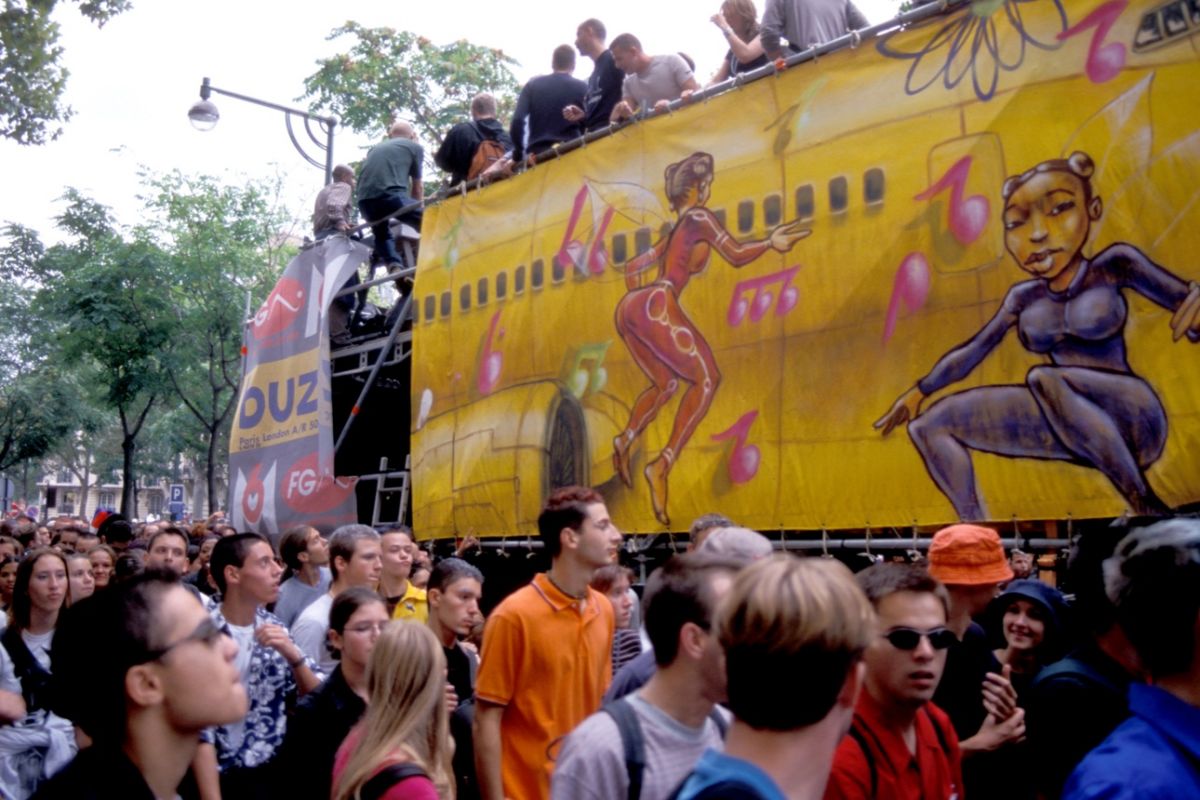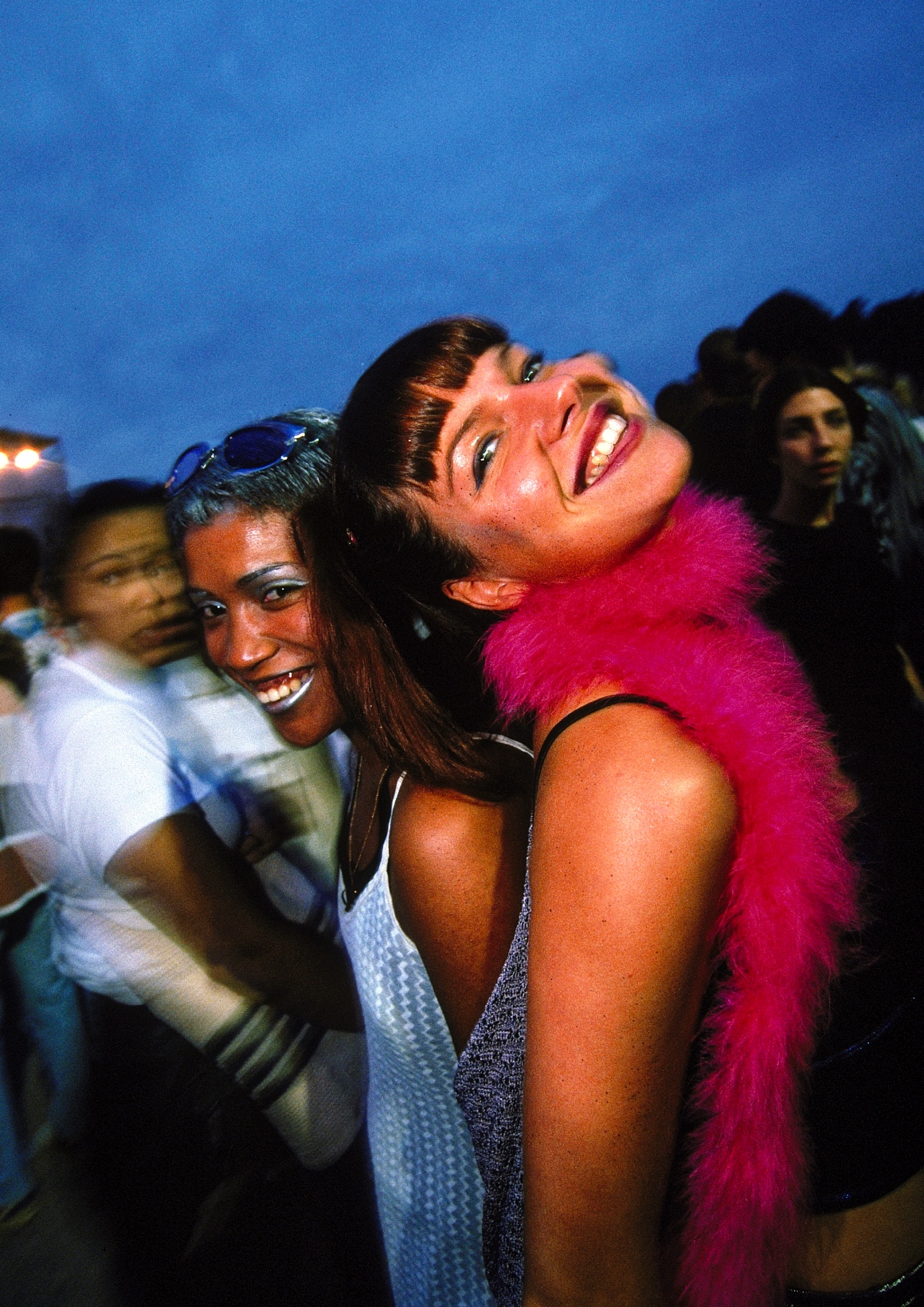In the beginning…
At the beginning, it was a protest. Outsiders were imbued in techno’s industrial sounds. These beats echoed the car makers’ strikes and 1967 civil rights activism in Detroit that birthed the genre (Ash Lauryn). Migration seemed to be a big part of techno too. Since its birth in Detroit within the African American community, techno travelled around the world, gaining a more industrial edge in Berlin and the US. It’s agreed by Lousiahhh and DJ Nomad that migration is important to the history of techno and their own personal stories.
Paris’ rebellious spirit was the perfect place to cultivate these DJs, techno, the mainstream and the alternative. In Place de la Republique in 2018-19, there were different protesters of different nationalities on the square fighting for justice almost every day. At the same time, raves were a place in which those borders of nationality, politics and language were broken down. Regardless of the DJ, everyone is there for the same thing: freedom. Techno’s industrial beating heart sounds of solidarity. Jean-Yves Leloup remembers even in the 90s audiences were diverse. “A blend of punks, gays and disco fans came together,” including people behind the decks like queer Algerian DJ Frédéric Djaaleb.
From the 90s to now raves are still a melting pot. Techno has the “pirate-like ability to seize and appropriate places,” (Jean-Yves Leloup) through sound, physical inhabitancy, and dancers’ euphoric love. Whilst minority representation behind the decks was harder to find, raves were organised on early internet Minitel, as well as person to person flyering, which created the inclusive space ready for our favourite DJs to rise up online too.
Louisahhh, an American who’s lived in Paris as a DJ for a decade recounts, “My ‘lineage’ is probably more rooted in something more ‘low brow’ than techno in its purist form: Daft Punk and ROule Records evolving into Ed Banger, with Busy P, Justice and DJ Mehdi as kind of poster children for a ‘bloghaus’ explosion of the early 2000s. This spawned lots of smaller labels like Sound Pellegrino, Institubes and Bromance, which I came to France on the back of.” Later collaborating with Maelstrom, Louisahhh created her own label RAAR in 2015. “Of course, [there are] innumerable talents and inspirations that have come out of France (aside from the aforementioned Maelstrom): Miss Kittin, The Hacker, David Carretta, Laurent Garnier, Terrence Fixmer, DJ Chloe and so many others have been important players in the global musical landscape that France has exported.” With a sound birds eye view of the Paris techno and rave scene, she also noted that a big difference between America and France is funding for the underground.



